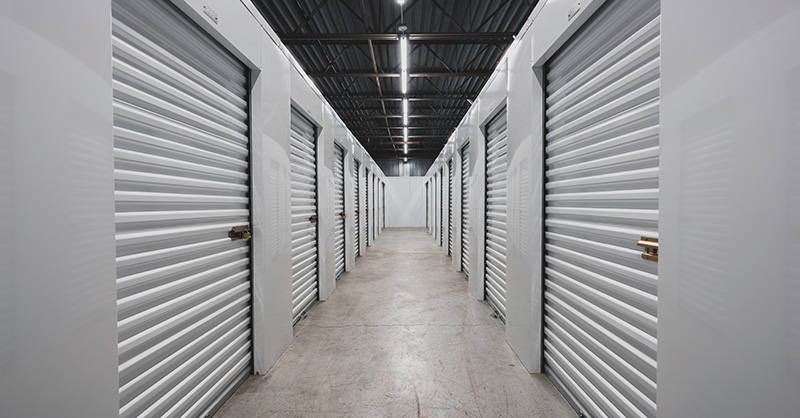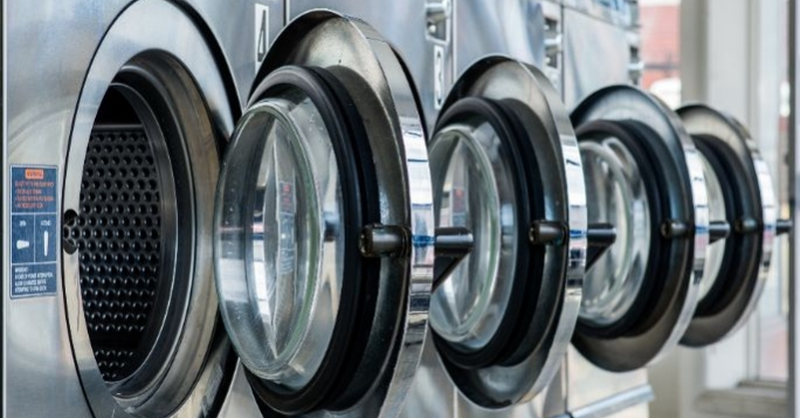Best Practices for Transportation of Refrigerated Cargo

When dealing with temperature-sensitive cargo, everyone handling the cargo must do their part in preserving quality. This is especially true during transportation activities.
Cargo sensitive to spoilage is often transported in refrigerated trailers to preserve the life and quality of the commodity. Shelf life and quality can be drastically reduced when temperature-sensitive items are not transported within proper temperature ranges. Depending on the temperature achieved and the exposure time, some temperature-sensitive cargo can be completely ruined when storage temperatures become too high or too cold. This can lead to the need to dispose of an entire trailer’s worth of goods, which can be very costly. Fortunately, spoilage of temperature-sensitive cargo can be avoided with adequate supervision and equipment maintenance.
The Federal Food & Drug Administration Sanitary Transportation of Food Act
The Food & Drug Administration promulgated 81 FR 20091 - Sanitary Transportation of Human and Animal Food (Sanitary Transportation Rule), which generally applies to shippers, receivers, loaders and carriers engaged in transportation operations, whether the food is being offered for or enters interstate commerce. Everyone subject to the rule must do these things in their transportation operations:
- Take effective measures, such as segregation, isolation or packaging to protect food from contamination by raw foods and nonfood items in the same load. (21 CFR 1.908(a)(3)(i))
- Take effective measures, such as segregation, isolation or other protective measures, such as hand washing, to protect food transported in bulk vehicles or food not completely enclosed by a container from contamination and cross-contact during transportation operations. (21 CFR 1.908(a)(3)(ii))
- Take effective measures to ensure food that requires temperature control for safety is transported under adequate temperature control. (21 CFR 1.908(a)(3)(iii)).
Ways to Help Protect Your Temperature Sensitive Cargo
Here are some steps to follow to help prevent spoilage of temperature-sensitive cargo.
- Train drivers on proper trailer refrigeration practices.
- Continuous air or cycle operations. The refrigerated unit on the trailer can operate in continuous air or cycle modes. Continuous air maintains the temperature in the trailer at a more constant temperature but uses more diesel fuel. Cycle mode uses less diesel fuel but maintains the temperature in a range instead of at an exact temperature setting. Extremely temperature-sensitive cargo may not be able to withstand cycle mode. You must check with your customer for instructions on transporting the commodity before you leave their facility.
- Use trailer chutes. Trailer chutes are air ducts installed down the length of the trailer along the ceiling. They help to maintain a uniform temperature in every portion of the trailer and avoid partial spoilage of the cargo.
- Use thermometers/sensors. Many trailers are equipped with downloadable technology that allows the inside trailer temperature to be recorded during the entire trip. Using the technology, along with alerts/notifications if inside trailer temperatures become undesirable, can avoid spoilage claims.
- Maintain refrigeration units. Refrigeration units frequently run during transport, and the amount of run time can be demanding on the components. Therefore, refrigeration units must be properly maintained in accordance with the manufacturer's guidelines.
- Adequately maintain refrigerated trailer. Refrigerated trailers are constructed with insulation and weigh more than other trailers. It is important that refrigerated trailers, and tractors towing them, be maintained and operated in accordance with all manufacturer’s guidelines.
- Have a continuity plan. Despite the best maintenance efforts, equipment breaks down. It is imperative that you develop a continuity plan to address this situation. Knowing where to go for maintenance and having a service provider on call that can come to your location can prevent cargo spoilage if equipment breaks down.









